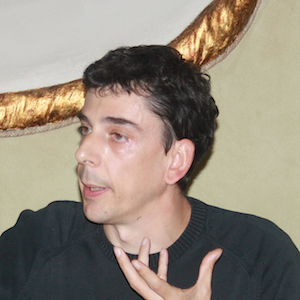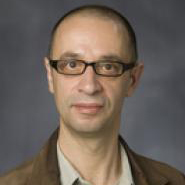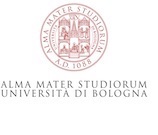GLOBAL SOUTH AND WORLD REVOLUTIONCoordinated by PAOLO CAPUZZO and ROBERTO DAINOTTO WORKSHOP
|
 |
|
In the aftermath of the Soviet Revolution, the birth of the Third International represented an attempt to organise a revolutionary process on a global scale. In the 1920s and 1930s, the Third International was mainly and increasingly an instrument of the Soviet foreign policy. Nevertheless, in the complex process of establishing a relationship between revolutionary movements throughout the world it also represented a rich and contradictory laboratory of political and cultural debates. In its effort to conform different revolutionary movements to the needs of the Soviet state – considered to be the supreme vanguard and a guarantee for the global revolution – the Comintern encountered a series of difficulties. Indeed, local movements were characterised by historical, social, cultural, religious, racial peculiarities which were not immediately reconcilable with the Comintern project. However, the multiplicity of these subjectivities did not simply result in an unrelated fragmentation of political movements, since most of them considered the establishment of a connection with other movements at the international level – and with the Soviet revolutionary process - a key factor of their own chances of success. Thus, the claim of their own specificity co-existed with the awareness of the global/international dimension of their local situation. If the activity of the Comintern was a substantial failure – excluding some advantages it managed to provide to the consolidation of the Soviet State – notwithstanding the study of its relationship with some movements from the global south allows us to achieve a twofold scientific result. On one side, it will be possible to gain some insights on the premises of the decolonization process, which occurred after the Second World War. On the other, it will allow us reflect on some theoretical concerns on the relationship between global political projects and social movements rooted in specific cultural and material contexts. |
|
Paolo Capuzzo is Professor of Contemporary History at the University of Bologna. He has been a researcher in several Universities such as Vienna, Ulb Bruxelles, Tu Berlin, Leicester and the Deutsches Museum di Monaco. He has teached in Universities such as Tours, Barcellona, Paris VII. His interests concerns urban history, consumption history, cultural history and history of ideas. He has published Vienna da città a metropoli, Angeli, 1998, Genere, generazione e consumi. L’Italia degli anni Sessanta (ed.), Roma, Carocci, 2003, Culture del consumo, Il Mulino, 2006. He wrote essays on Gramsci, Freud, De Certeau, Dubois and De Martino. |
 |
|
Roberto Dainotto is Professor of Italian and of Literature at Duke University. Author of the edited volume Racconti Americani del ‘900 (Einaudi, 1999); Place in Literature: Regions, Cultures, Communities (Cornell UP, 2000); Europe (in Theory) (Duke UP, 2007), winner of the 2010 Shannon Prize in Contemporary European Studies; and Mafia: A Cultural History (Reaktion Books, 2015). Presumptively working on a monograph devoted to Antonio Labriola (not Arturo!); on the intersections between meridionalismo and the Global South; and on the relation between historicism and the novel. |
 |



